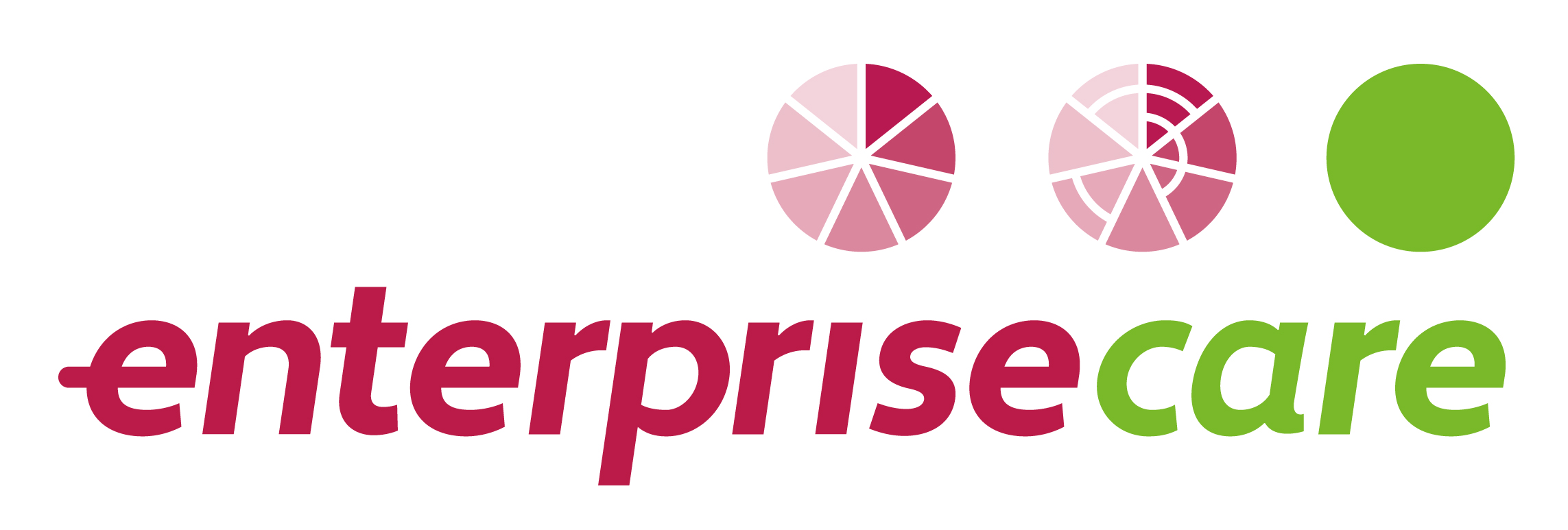
PEOPLE TO BE A REAL FOCUS IN 2020
“It is not the strongest or the most intelligent who will survive but those who can best manage change.” Charles Darwin
Whether we like it or not, nothing truly happens without people.
There is of course the suggestion that AI is taking over from people. This may be better expressed as AI replacing some of the work that people have been doing.
AI has a role, that is certain, however that role needs to be managed and overseen by people.
Ask the question – can we hold AI accountable for an outcome?
In 2018, a self-driving car operated by Uber killed a woman in Tempe, Arizona. Who is accountable in this case? Is it the AI system, the car owner, the person inside the car, or none of the above?
Does it change our view of accountability, simply because we start to rely on machines to make important decisions?
Does it really matter if the workings of the AI are difficult to understand and/or explain?
In concert with accountability is, of course, responsibility. As AI enables more automation, who ought to be considered responsible for specific AI’s generated damage? It is a more pressing issue and therefore, a practical problem as we embark on the next decade of work.
Part of this examination will involve considering the law of agency. Will this mean that anyone acting with AI is acting as an agent, and therefore not accountable for negative outcomes?
This begs the question of who is the principal to the agent?
And for the agent, they posit that their actions are pursued in the furtherance and interests of the principal. The agent is therefore not liable for any negative consequences, only the principal is.
Of course, if the principal is a human being, our discussion would be easier to understand. It is arguably more complicated if that person, acting as the principal, is a corporate person.
This raises questions concerning whether the board of a corporate person is the ‘agent’ of the shareholders or members in a not‑for‑profit. In other words, are the shareholders or members the effective ‘principal’ for the corporate entity.
This is not in fact how the law views the matter of agency and principal. It is reasonable to see the challenge in having shareholders or members as principal. Critically with any principal and agent relationship, is for the principal to be able to direct the agent whenever the principal considers it appropriate to do so.
Of course, there are some reserved powers to shareholder / member meetings either at an annual or special general meeting. An example may be the removal of a director needs to ultimately be at a general meeting.
Directors’ duties are essentially now highly regulated by statute. This legislative intervention in directors’ duties has added significantly to the scope of those duties as well as to increase the standard of care required of a director.
As directors are responsible to manage the Company’s business and affairs, they, in turn have the power to exercise all the powers of the Company, with the sole exception of any power, which either the Corporations Act, or a Replaceable Rule, or a Constitution requires to be exercised at a general meeting.
Ultimately directors can be responsible for the agents of a company i.e. its employees, and those acting on its behalf. As a possibility that a director or maybe all directors could be held accountable, if a rogue event involving AI occurred, then greater awareness and interest in monitoring of the people management practices and effectiveness of the company’s employee engagement seems non-negotiable.
Many statistics show high employee engagement will deliver great outcomes. So, as directors and leaders within your organisation, it is important that you invest in key engagement initiatives as they guarantee to benefit the bottom line.
Interestingly, Willis Towers Watson found that – “But surely engagement is just a reflection of success? Well, we (Willis Towers Watson) tested this and found that engagement is in fact five times more powerful as a predictor of future sales, than sales is as a predictor of engagement.”
In fact “Modelling the size of the impact of engagement on sales, we found that for every 10% increase in engagement scores, there was roughly a 4% increase in customer satisfaction, and an increase of close to 10% in business outcomes including sales, share of customer business, customer retention and operating efficiency. For a typical large UK retail bank, with an income of £5bn, that’s an additional £0.5bn in sales for every 10% increase in engagement.”
Bain & Company frequently measures employee engagement, and in past survey results found astounding benefits as follows:
- Engaged employees contribute 20% more revenue than less engaged employees
- Engaged employees are 44% more productive than their satisfied peers
- Inspired employees are 125% more productive than their satisfied peers
Finally, the Hay Group found that companies with engaged employees had 89% greater customer satisfaction and 50% higher customer loyalty than their disengaged counterparts.
Hence AI and or risk issues and or accountability matters or whatever, there is ample reasons that in 2020 and beyond, organisations need to ensure that employee engagement is an absolute top strategic priority.
DISCLAIMER: This article is general ONLY in nature and is not advice
For more information contact Damien Smith on smithdj@enterprisecare.com.au or 0418 325 781.
